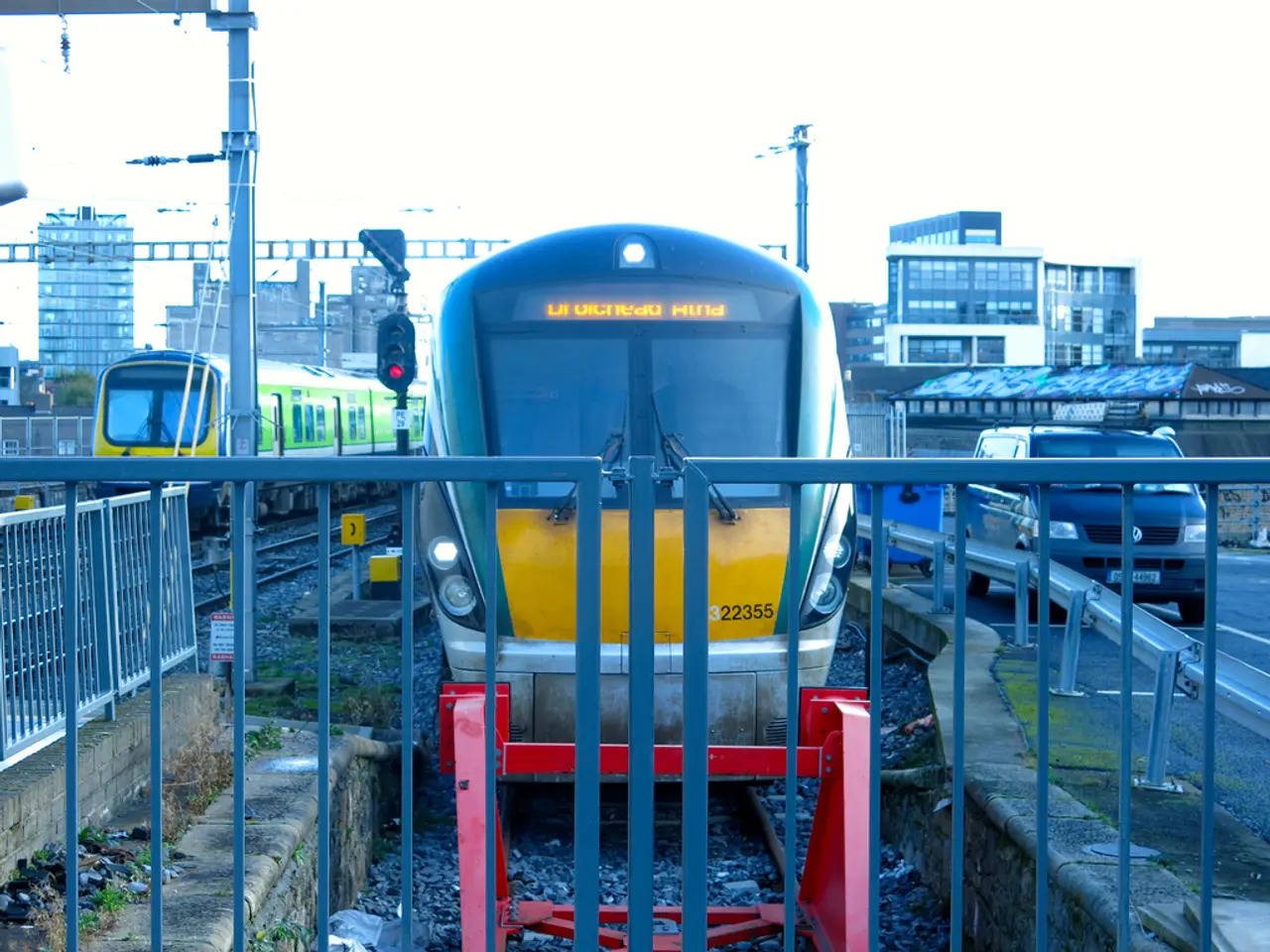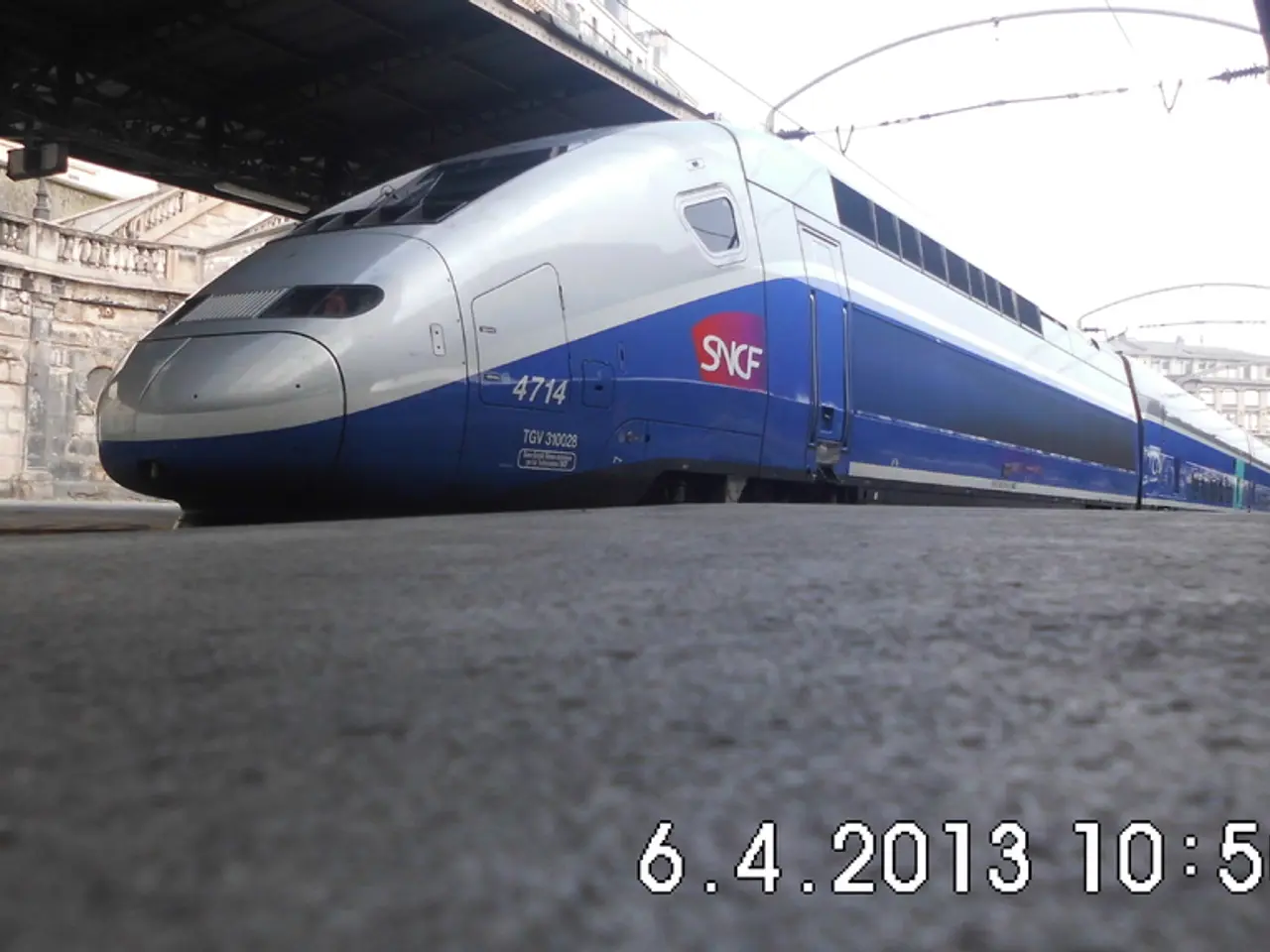Over 38,000 signatures gathered in opposition to the proposed ICE highways
In a bid to improve connectivity and travel times between the cities of Hannover and Bielefeld, a new high-speed rail line is proposed. However, the project has faced significant opposition due to environmental and cost-effectiveness concerns.
The railway's plans involve building additional tracks for high-speed travel, which could potentially reduce the journey time from the current 48 minutes to 31 minutes. However, critics argue that the project could lead to substantial ecological damage, including the destruction of natural habitats and landscapes. They also emphasize that the impact on biodiversity and the natural environment has not been adequately addressed.
Detractors also question the economic viability of the project, highlighting the high costs involved in building the new infrastructure relative to the expected benefits. They suggest that funds could be better used in upgrading existing transport networks or alternative sustainable transport measures.
The ongoing debate weighs regional development and mobility improvements against environmental preservation and prudent public spending. The exact routing options, cost estimates, and environmental impact assessments are part of current planning discussions and consultations with stakeholders.
Six weeks ago, a petition against the high-speed rail line was launched by local organizations such as the Bürgerinitiative Widuland, the Westphalian-Lippish Agricultural Association, and Landfrauen. The petition has collected over 31,000 signatures on paper lists and 6,600 online signatures nationwide. Opponents of the project have gathered around 38,000 signatures.
The petitioners call for a re-evaluation of Germany's rail timetable and suggest reducing speeds in long-distance traffic. They also propose abandoning new high-speed tracks and expanding the existing rail network instead, as they believe it to be more cost-effective.
The petition was deliberately broader in scope, as there are many similar initiatives across the country opposing new construction plans. On Tuesday, the petition was handed over to the Petitions Committee in Berlin, and the German parliament must now address the demands of the petition.
As the debate continues, the future of the high-speed rail line between Hannover and Bielefeld remains uncertain. For exact, current details, consulting specialized transport or government planning sources would be necessary.
The high-speed rail project, with its proposed financing, could have an impact on the transportation sector and the overall industry, as critics are questioning its economic viability and suggesting that funds could be better used in alternative finance solutions, such as upgrading existing transport networks or promoting sustainable transport measures. Concurrently, the petitioners argue that abandoning new high-speed tracks and expanding the existing rail network would be a cost-effective solution for the finance sector, while also addressing environmental concerns associated with the transportation industry.




